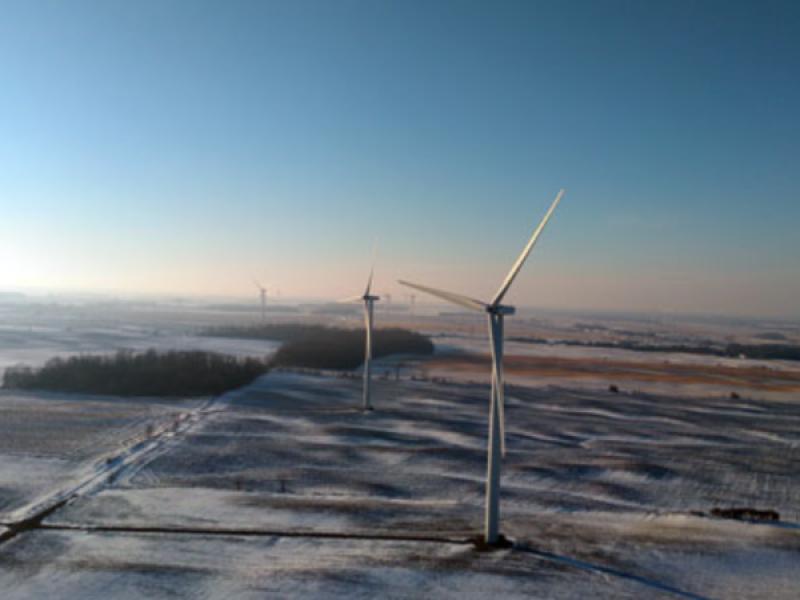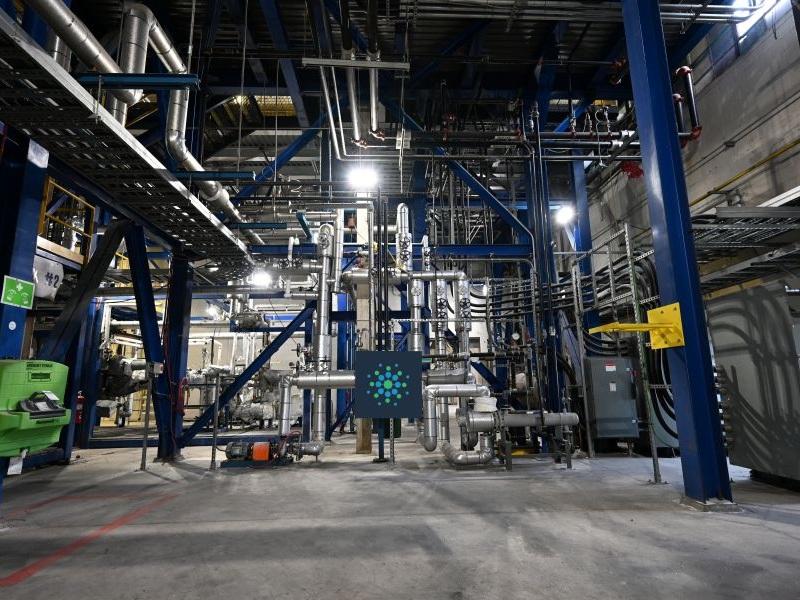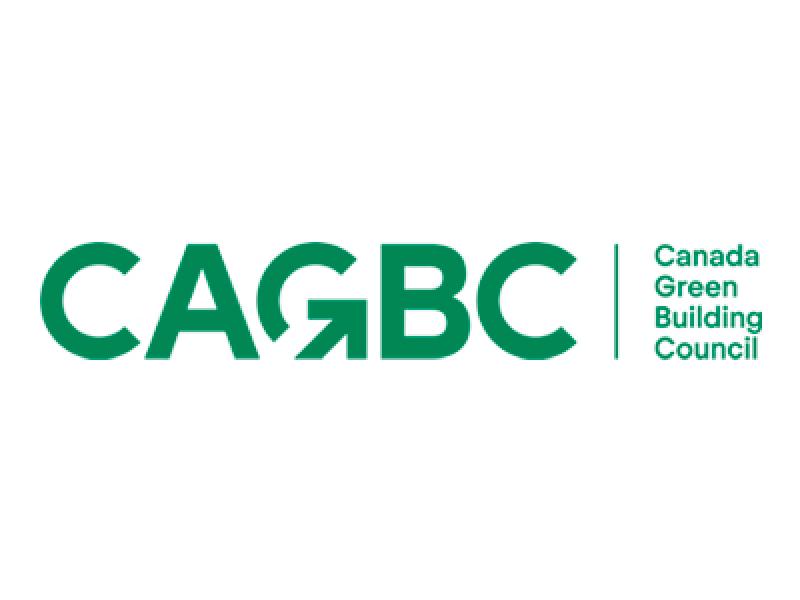
REALPAC CEO and WGBC treasurer Michael Brooks. (Courtesy REALPAC)
Michael Brooks, CEO of the Real Property Association of Canada (REALPAC), sees his role on the World Green Building Council board as a two-way street.
He’s hoping to share his experience with peers on the international stage and bring home more knowledge about sustainability best practices from around the world.
“I hope to, No. 1, contribute to the growth and success of World Green Building Council (WGBC),” said Brooks, who joined the international board in July. “No. 2, I hope to learn from the work that they’re doing and be able to bring some of that work home to the Canadian industry.”
What stands out in the WGBC
In particular, he highlighted the WGBC’s net-zero standard compared to that of the Canada Green Building Council (CaGBC). The WGBC standard includes the operational carbon caused by building operations and embodied carbon – similar and different to upfront carbon, which refers to the carbon produced before the building is used – from construction materials and processes, repairs, renovations and leasehold improvements.
The WGBC’s net-zero commitment, announced in September, states that “all new projects globally must achieve at least 40 per cent embodied carbon reductions, with a focus on upfront carbon.”
Buildings are currently responsible for 39 per cent of global energy-related carbon emissions: 28 per cent from operational emissions, from the energy needed to heat, cool and power them, and the remaining 11 per cent from materials and construction. According to the council, upfront carbon will be responsible for half of the entire carbon footprint of new buildings between now and 2050.
The WGBC proposal, first introduced last February, states that by 2030, all new buildings, infrastructure and renovations will have at least 40 per cent less embodied carbon with significant upfront carbon reduction. All new installations are net-zero operational carbon. Further, by 2050, new facilities, infrastructure and renovations will have net-zero embodied carbon, and all buildings, including existing buildings, must be net-zero operational carbon.
It also includes the use of carbon offsets, considered by the council to be “a transition mechanism which compensates for current emissions, or as a tool for neutralizing residual emissions which cannot be abated.”
In Brooks’ case, the WGBC’s Beyond the Business reports are a concrete benefit when talking to Canadian owners of all asset classes on how they’ll get to net-zero economically and what their return on investment will be. The last report from November delves into exactly that.
“There’s pressure on owners to, a) commit, b) to figure out how to get (to net-zero) in terms of what do I have to change in the building and, c) if I do need offsets, how can I minimize those offsets that I do need so that my reputation isn’t damaged?” said Brooks.
His inclusion on the board came after much consultation between CGBC and the WGBC. Brooks’ role also means representing the Canadian council on the world stage.
While he stressed that it’s already a well-run organization, he has brought a few ideas to the table in the past few months regarding the council’s financial governance, how it handles its reserves, and adding additional criteria to its risk matrix.
WGBC role offers a global insight
He also highlighted just how far ahead Europe compared to North America in sustainability initiatives, as the recent REALPAC survey suggests. He singled out the EU Commission and the “six or seven” WGBC members at the recent COP26 conference in Glasgow. Brooks says getting constant updates on “what was going on inside the tent” proved immensely valuable.
He also hopes to take inspiration from all ends of the globe and achieve the global perspective needed to reach true net-zero.
“I’m hearing from people that I haven’t heard from before,” said Brooks. “We need to know that Dubai is doing their part and Egypt and South Africa and Bolivia, Taiwan and Vietnam (for example).”
Each WGBC board member has a two-year term, which can be extended for a maximum of six years. Brooks’ two-year period will expire on June 30, 2023. Whether or not he completes the full six years, Brooks is confident he would keep working with the WGBC in some capacity via his role and connection with the Canadian council.
Previously, Brooks was a former director and treasurer of the CaGBC, a former adjunct professor and executive in residence at the Ted Rogers School of Management at Ryerson University and a former commercial real estate lawyer. He is also one of three business advisors to the Canadian federal government’s Sustainable Development Advisory Council from 2019 to the present and a special advisor to the United Nations Environment Program Finance Initiative.
REALPAC, founded in 1970, is the Canadian national association representing executives in the Canadian commercial real estate industry. Its members comprise $1 trillion in assets under management across the country. The association was the first to publish a green lease in North America.
The genesis of the WGBC came in 1993 with the formation of the U.S. council. In 1999, the founding meeting for the WGBC was held in California. The original councils were Australia, Brazil, Canada, India, Japan, Mexico, Spain and the U.S. In 2007, a secretariat for the council was formally established in Toronto. By extension, its two offices are in London, U.K. and Toronto. There are staff members also based in Colombia, Jordan and Singapore.
Today, it has member councils in over 70 countries worldwide. Its current chair is Tanya Cox, the chief operating officer of DEXUS Property Group, an Australian REIT.










